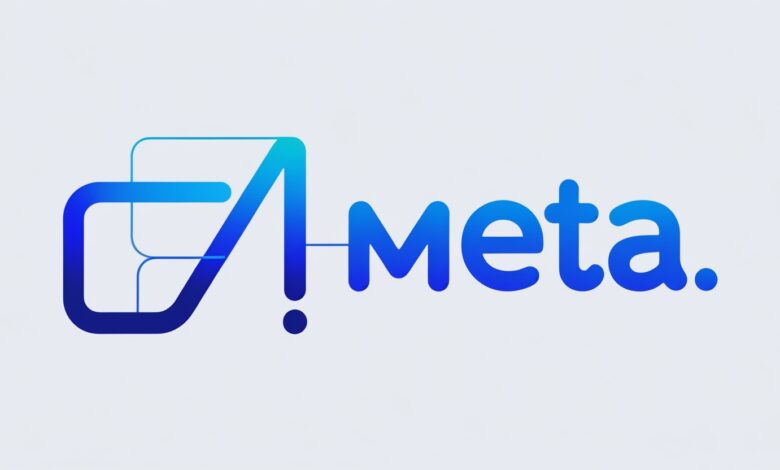
Meta accused of violating EU consumer laws with its “ad-free” paid offer
This could be in addition to a possible violation of the Digital Markets Act which regulates and governs the functioning of nexus.
Meta’s divisive business model
Another factor that the European Commission does not keep secrets of being upset with Meta’s business model. This makes users in the EU, EEA, and Switzerland offered the glorious opportunity to carry on using Facebook and Instagram with ads mostly relevant but free, or opt for a monthly subscription service that is said to come without ads.
Some of the regulative violations that it is possible to cite in connection with the considered subject are violations of rules regarding consumer protection laws.
A body of national authorities that implement EU consumer law, known as the CPC Network, has speculated that Meta maybe violating consumer law using its pay or consent model. In the letter to Meta, the CPC identified many possible approaches through which it thinks the company itself might violate those laws. The Meta has 45 days from the receipt of the complaint to provide its reply along with the proposed solutions, and it should be submitted by September 1.
‘Vague’ terms and general language considered as misleading
CPC authorities have accused Meta of lying to the users by referring to some of its platforms as entirely free if they do not wish to subscribe, though Meta makes money from monetizing the users’ ‘personal data through placement of personalized ads. CPC also argues that Meta is being misleading, by forcing the users to switch between the privacy policy section and the terms of service to determine how Meta utilises their data to place advertisements.
Other pressure on users and other others Ongoing investigations
They also believe that Meta is pressuring those who have been users of Facebook and Instagram, and who have never paid a cent ‘to make an immediate choice, without a notice, enough time and a real chance to consider how this choice will impact their contractual relationship with Meta’. This action is separate from other investigations that the EU is conducting against Meta for using the ‘pay or consent’ format. This approach prompted the EU earlier this month to say Meta had possibly breached the Digital Markets Act.




